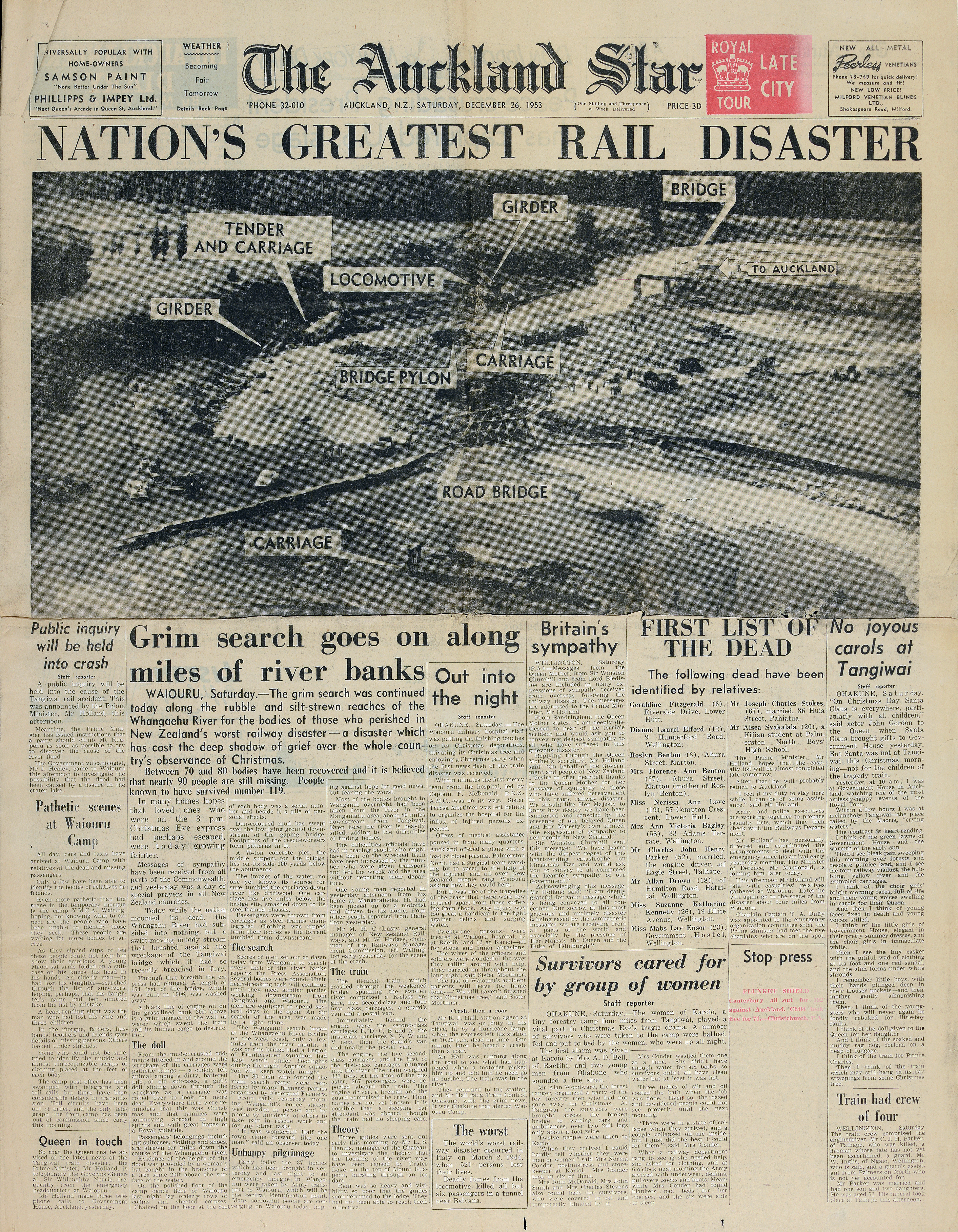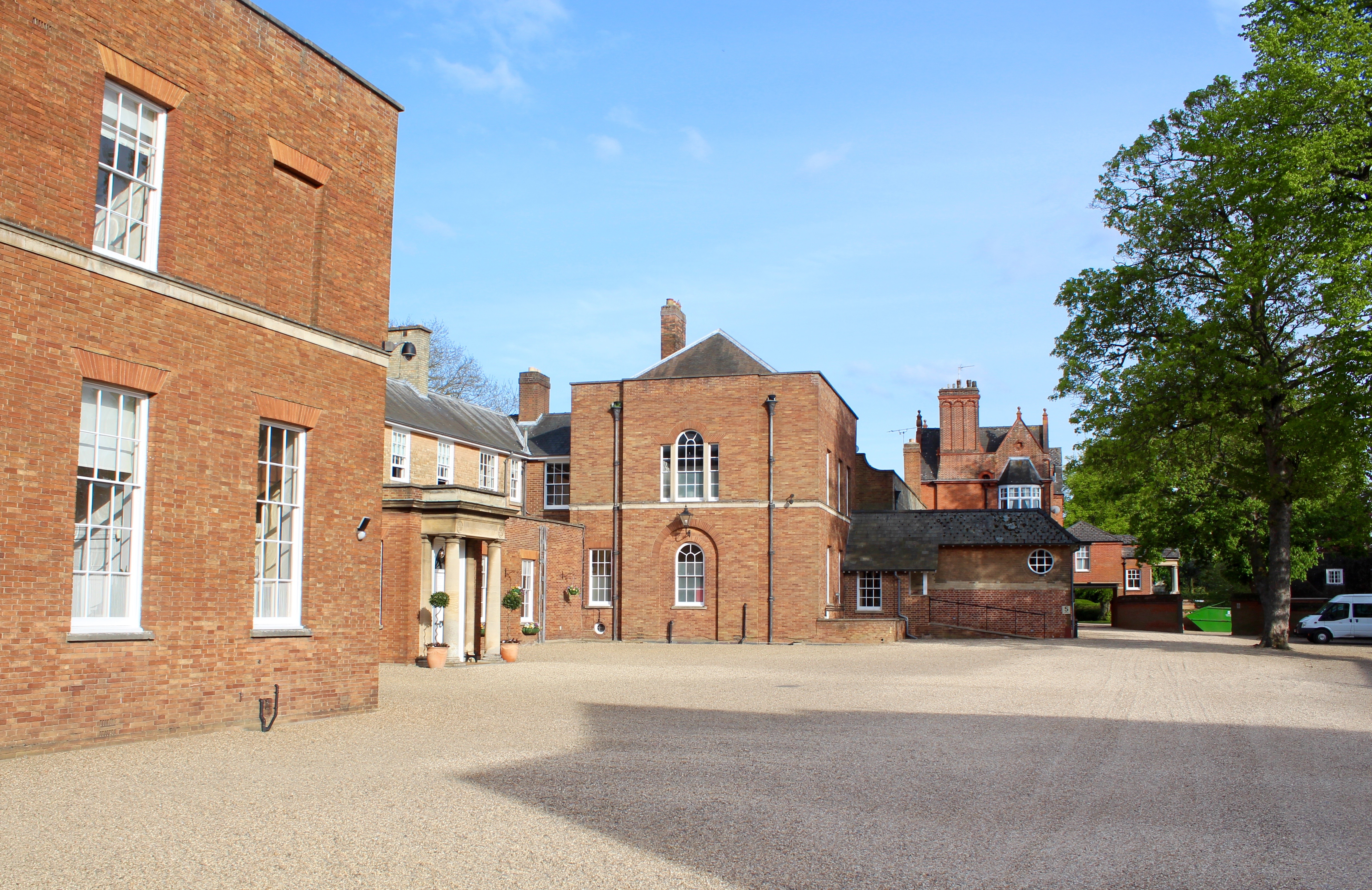|
Sam Arnull
Sam Arnull (c. 1760 – 1800) was a British flat racing jockey of the 18th century. He won the inaugural running of Britain's foremost flat race, The Derby, on Diomed, one of the most influential horses in Thoroughbred history, and won again on a further three occasions. Career Arnull hailed from a family of jockeys that dominated British horse racing in the latter part of the 18th century and early 19th. He was the younger brother of John Arnull and uncle of Bill Arnull. Between them, the family won twelve Derbies in the race's formative years. He himself won four of them – 1780 (Diomed), 1782 (Assassin), 1787 (Sir Peter Teazle), 1798 (Sir Harry) – as well as an Oaks on Hermione in 1794. Such was their dominance that " Newmarket he home of British racingwithout an Arnull would ... have seemed strange" Sam was described as a "quiet and unassuming man" and was a man of some means, being able to ride out at hunts on well-turned out horses, with a well-dressed ... [...More Info...] [...Related Items...] OR: [Wikipedia] [Google] [Baidu] |
Jockey
A jockey is someone who rides horses in horse racing or steeplechase racing, primarily as a profession. The word also applies to camel riders in camel racing. The word "jockey" originated from England and was used to describe the individual who rode horses in racing. They must be light, typically around a weight of 100-120 lb., and physically fit. They are typically self-employed and are paid a small fee from the horse trainer and a percentage of the horse's winnings. Jockeys are mainly male, though there are some well-known female jockeys too. The job has a very high risk of debilitating or life-threatening injuries. Etymology The word is by origin a diminutive of ''jock'', the Northern English or Scots colloquial equivalent of the first name ''John'', which is also used generically for "boy" or "fellow" (compare ''Jack'', ''Dick''), at least since 1529. A familiar instance of the use of the word as a name is in "Jockey of Norfolk" in Shakespeare's ''Richard III''. v. 3, ... [...More Info...] [...Related Items...] OR: [Wikipedia] [Google] [Baidu] |
Auckland Star
The ''Auckland Star'' was an evening daily newspaper published in Auckland, New Zealand, from 24 March 1870 to 16 August 1991. Survived by its Sunday edition, the ''Sunday Star'', part of its name endures in ''The Sunday Star-Times'', created in the 1994 merger of the ''Dominion Sunday Times'' and the ''Sunday Star''. Originally published as the ''Evening Star'' from 24 March 1870 to 7 March 1879, the paper continued as the ''Auckland Evening Star'' between 8 March 1879 and 12 April 1887, and from then on as the ''Auckland Star''. One of the paper's notable investigative journalists was Pat Booth, who was responsible for notable coverage of the Crewe murders and the eventual exoneration of Arthur Allan Thomas. Booth and the paper extensively reported on the Mr Asia case. In 1987, the owners of the ''Star'' launched a morning newspaper to more directly compete with ''The New Zealand Herald''. The ''Auckland Sun'' was affected by the 1987 stock market crash and folded a year l ... [...More Info...] [...Related Items...] OR: [Wikipedia] [Google] [Baidu] |
List Of Significant Families In British Horse Racing
This is a list of male line families (i.e. those families that share a surname) of which at least three members have gained some notability in horse racing in Great Britain. Arnull * Sam Arnull, jockey; younger brother of * John Arnull, jockey; father of ** Bill Arnull, jockey Balding * Gerald Barnard Balding, Sr., father of **Toby Balding **Ian Balding, father of *** Clare Balding ***Andrew Balding Cannon * Tom Cannon, Sr., father of **Kempton Cannon **Mornington Cannon ** Tom Cannon, Jr. ** Charles Cannon Carson *Willie Carson, and descendants Chifney * Samuel Chifney, Sr. (1753-1807), jockey; father of **William Chifney, trainer, ** Samuel Chifney, Jr. (b. 1786), jockey Day *John Day, trainer, father of **John Barham Day (1793-1860), jockey and trainer, father of *** Sam Day, Jr. (1818-1838), jockey *** John Day, Jr. (1819-1883), jockey and trainer, grandfather of Mornington, Kempton, Tom Jr. and Charles Cannon; great-grandfather of Keith Piggott *** William Day (1823 ... [...More Info...] [...Related Items...] OR: [Wikipedia] [Google] [Baidu] |
Nottingham Racecourse
Nottingham Racecourse is a thoroughbred horse racing venue located in Nottingham, Nottinghamshire, England. It is situated at Colwick Park, close to the River Trent and about 3 km east of the city centre. Characteristics There are actually two courses at Nottingham, one inside the other. They are both approximately 1 1/2 miles round and are left-handed. The inner is used during spring and autumn, and has a 5 furlong straight, the outer is used during summer and has a 6 furlong straight. The course generally has easy turns and minor gradients, but the home turn is fairly sharp. Nottingham suits well-balanced horses rather than long-striding ones. History The racecourse was in operation ''ante'' 1773 at Nottingham Forest Recreation Ground when it was one of the earliest racecourses to be granted a Royal Plate race by the monarch. It was run in 4 mile heats by 6 year olds carrying 12 stone. The course moved to its present site in Colwick Park in 1892. In 1965 the loca ... [...More Info...] [...Related Items...] OR: [Wikipedia] [Google] [Baidu] |
Jockey Club
The Jockey Club is the largest commercial horse racing organisation in the United Kingdom. It owns 15 of Britain's famous racecourses, including Aintree, Cheltenham, Epsom Downs and both the Rowley Mile and July Course in Newmarket, amongst other horse racing assets such as the National Stud, and the property and land management company, Jockey Club Estates. The registered charity Racing Welfare is also a company limited by guarantee with the Jockey Club being the sole member. As it is governed by Royal Charter, all profits it makes are reinvested back into the sport. Formerly the regulator for the sport, the Jockey Club's responsibilities were transferred to the Horseracing Regulatory Authority (now the British Horseracing Authority) in 2006. History The Jockey Club has long been thought to have been founded in 1750 – a year recognised by the club itself in its own records. Some claim it was created earlier, in the 1720s, while others suggest it may have existed in ... [...More Info...] [...Related Items...] OR: [Wikipedia] [Google] [Baidu] |
Breeches
Breeches ( ) are an article of clothing covering the body from the waist down, with separate coverings for each human leg, leg, usually stopping just below the knee, though in some cases reaching to the ankles. Formerly a standard item of Western world, Western men's clothing, they had fallen out of use by the mid-19th century in favour of trousers. Modern athletic garments used for English riding and fencing, although called ''breeches'' or ''britches'', differ from breeches. Etymology ''Breeches'' is a double plural known since c. 1205, from Old English , the plural of "garment for the legs and trunk", from the Indo-European root *bhrg- "break", here apparently used in the sense "divide", "separate", as in Scottish Gaelic briogais ("trousers"), in Breton bragoù ("pants"), in Irish bríste ("trousers") and brycan/brogau in Welsh. Cognate with the Proto-Germanic language, Proto-Germanic word ''*brōk-'', plural ''*brōkiz'', itself most likely from the Proto-Indo-European roo ... [...More Info...] [...Related Items...] OR: [Wikipedia] [Google] [Baidu] |
Odds
Odds provide a measure of the likelihood of a particular outcome. They are calculated as the ratio of the number of events that produce that outcome to the number that do not. Odds are commonly used in gambling and statistics. Odds also have a simple relation with probability: the odds of an outcome are the ratio of the probability that the outcome occurs to the probability that the outcome does not occur. In mathematical terms, where p is the probability of the outcome: :\text = \frac where 1-p is the probability that the outcome does not occur. Odds can be demonstrated by examining rolling a six-sided die. The odds of rolling a 6 is 1:5. This is because there is 1 event (rolling a 6) that produces the specified outcome of "rolling a 6", and 5 events that do not (rolling a 1,2,3,4 or 5). The odds of rolling either a 5 or 6 is 2:4. This is because there are 2 events (rolling a 5 or 6) that produce the specified outcome of "rolling either a 5 or 6", and 4 events that do n ... [...More Info...] [...Related Items...] OR: [Wikipedia] [Google] [Baidu] |
Sir Charles Bunbury, 6th Baronet
Sir Thomas Charles Bunbury, 6th Baronet (May 1740 – 31 March 1821) was a British politician who sat in the House of Commons between 1761 and 1812. He was the first husband of Lady Sarah Lennox. Bunbury was the eldest son of Reverend Sir William Bunbury, 5th Baronet, Vicar of Mildenhall, Suffolk, and his wife Eleanor, daughter of Vere Graham. The caricaturist Henry Bunbury was his younger brother. He was educated at St Catharine's College, Cambridge. Bunbury was returned to Parliament as one of two representatives for Suffolk in 1761, a seat he held until 1784 and again from 1790 to 1812. He was also High Sheriff of Suffolk in 1788. Bunbury married firstly Lady Sarah, daughter of Charles Lennox, 2nd Duke of Richmond (a grandson of Charles II), and one of the famous Lennox sisters, in 1762. Their notorious marriage, which produced no children (although Sarah gave birth to a daughter by her lover, Lord William Gordon, in 1769), was dissolved by Act of Parliament in 1776 (on th ... [...More Info...] [...Related Items...] OR: [Wikipedia] [Google] [Baidu] |
Dennis O'Kelly
Dennis O'Kelly (1725–1787), born in Connacht, Ireland, was a prominent 18th-century owner and breeder of thoroughbred racehorses. He owned Eclipse, the pre-eminent sire of the breed and ancestor of 95% of modern thoroughbreds, and from him bred horses including the Derby winners, Young Eclipse and Serjeant. Early years Born to an impoverished Irish smallholder in 1725, O'Kelly moved to London as a young man, where he worked as a sedan chair carrier. There he is reputed to have duped a wealthy heiress into marrying him, and absconded with her inheritance of £1,000; elsewhere this tale is dismissed as hearsay and the source of his initial wealth attributed to gambling. Either way, his money was soon frittered away on drink and gambling. This led in 1756 to a stay in the Fleet debtors' prison, where he met prostitute Charlotte Hayes. O'Kelly and Hayes formed a business, if not romantic, partnership which persisted for the rest of their lives. Both were freed in 1760 ... [...More Info...] [...Related Items...] OR: [Wikipedia] [Google] [Baidu] |
London Evening Post
The ''London Evening Post'' was a pro- Jacobite Tory English language daily newspaper published in London, then the capital city of the Kingdom of Great Britain, from 1727 until 1797.Cranfield, G.A. (1963). "The ''London Evening Post'', 1727–1744: A Study in the Development of the Political Press". ''The Historical Journal'', Vol. 6, No. 1, pp. 20–37Harris, Bob"The ''London Evening Post'' and Mid-Eighteenth-Century British Politics" ''The English Historical Review'', Vol. 110, No. 439 (Nov., 1995), pp. 1132–1156 The paper was first published on 17 December 1727 by Richard Nutt (1694–1780) on a tri-weekly schedule matching the primary post nights (Tuesday, Thursday, and Saturday). It appears to have been immediately successful. Samuel Nevill took over the enterprise in 1730, and started to cover politics more than his predecessor (who mainly avoided it). (Nevill later emigrated to colonial America, where he served as a judge and speaker of the assembly in New Jersey, and ... [...More Info...] [...Related Items...] OR: [Wikipedia] [Google] [Baidu] |




